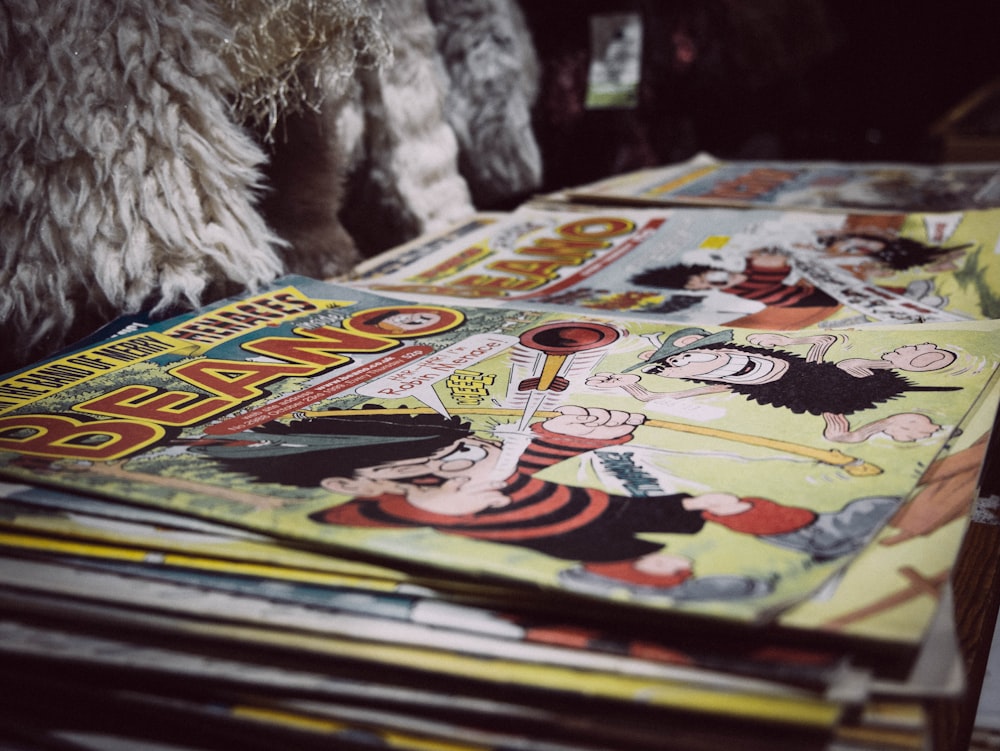“Trash.” I looked up from my copy of Kimi Ni Todoke to see one of my classmates poking at the manga volume disapprovingly. Excuse me? I was peacefully reading, minding my own business. His rude comment felt so unnecessary. My blissful expression soured and I shot him down with a glare. He apologized, but this only exemplified what every geek can relate to: being seen as inferior for simply liking geeky things.
Let me get this out of the way: I really love anime.

The versatility of art styles and genres make it so that there’s a show (or if you prefer reading manga, a book or series of books) for every preference out there. Unfortunately, the existence of weaboos —fanatics who act fanatical to the point where they start committing hardcore aggressions to Japanese culture—eventually ruined it for the team. It’s exhausting to try to clarify that yes, I like anime and yes, I’m learning Japanese but no, I’m not a weeb.
Listen, I never cared about “fitting in,” “being a cool kid,” “being popular,” or whatever the stereotype is where you find yourself heaped with loads of external validation. But it bothered me that so many people felt justified to be disrespectful against those interested in things that might be considered useless, but harmless nonetheless. The mean comments swam in and ebbed away throughout my adolescence, and I figured it just came with the territory. So when college came around, I expected to deal with that same level of unnecessary mockery.
That was until I found myself becoming part of a PR team for my college Comic-Con.

Ithacon, a student-run comic convention, runs annually at Ithaca College. Granted, the world of comics appears slightly different from the world of anime, but they are siblings under the bigger umbrella of geek culture. My knowledge of other fandoms broadened as a consequence of the stacks of comics brought in and gushed over as we talked over press releases.
Initially, I worried. I’m already quirky and eccentric by nature, conditioned to believe that my geekiness further emphasized these traits. I tried to lay low and be quiet, but when a guest speaker who worked for Marvel came in to speak to our class, I had to ask:
Didn’t you get made fun of, especially when you were younger?
A dam broke and I couldn’t stop babbling for thirty seconds about how it wasn’t fair, we just like something so harmless and we get so much unnecessary crap for it, what gives? Halfway through I felt self-conscious and fretted that I came across as crazed, nonsensical. But I noticed that others in the room started nodding.
The speaker responded that he too faced mockery for his love of comics.

However, it didn’t stop him from making a livelihood from his passion. And thanks to the commercialization of geek culture through merchandise and large annual events like New York Comic-Con at the Javits Center, it stands now as less of a source of ridicule than it used to.
After class, one of my classmates approached me. He too faced bullying in the past, and opened up about his experience. We ended up bonding over a mutual love of Kingdom Hearts. Being able to connect on a personal level enabled us to work better on the PR team. After all, it’s easier to perform well on work projects when you get along with your coworkers.
The wonderful thing about comic conventions? No one can rain on their parade. Fantasy is not whimsical fancy, it is celebrated and empowering.
The icy exterior I kept as a defense finally thawed, and I felt myself open up, blossom and thrive after being so dormant for so long. My experiences before college taught me the importance of defending the things I love, so I became Spartan-like. But college showed me that I didn’t always need to feel like a lone warrior if my team shared similar values that ultimately united us. In fact, teaming up enabled us to host a convention that benefitted ourselves and the community around us.



















